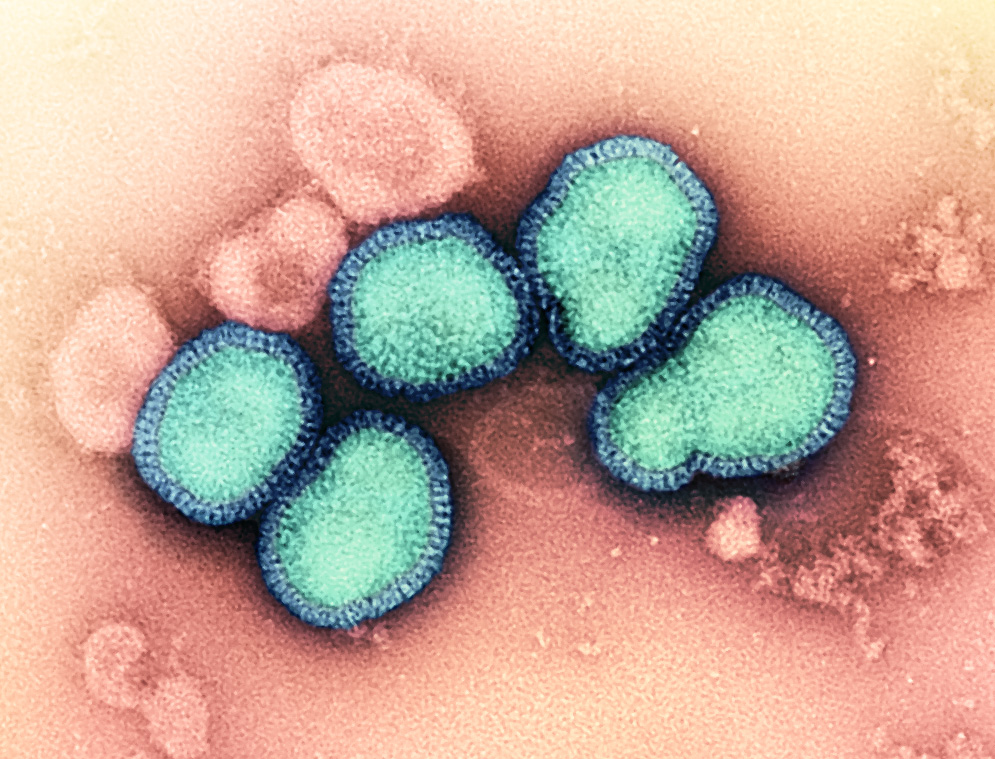The US National Institute of Allergy and Infectious Diseases has opened enrollment for volunteers for clinical trials of an experimental mLNA vaccine.
The trials will be conducted by a team of researchers from Duke University in North Carolina and aim to assess its safety and ability to induce an immune response.
According to a press release published last week, the trial will involve approximately 50 volunteers aged between 18 and 49. The three groups of study participants will be vaccinated with 10, 25 and 50 micrograms of the experimental vaccine, respectively.

Following the results to determine the appropriate dosage, a further 10 participants will be enrolled. The study will also include a group of participants who will receive a current quadrivalent seasonal flu vaccine.
Researchers will be able to directly compare the immunogenicity and safety of the candidate vaccine and available seasonal flu vaccines.
Participants will be evaluated regularly to assess the safety of the vaccine (and later, its efficacy) and will be followed up for one year after vaccination.
Seasonal flu is an acute respiratory infection caused by the influenza virus, where the symptoms of the infection disappear after a week.
Every year, before the start of the flu season, scientists have to predict which flu strains are likely to be most common over the coming months and then select three or four of these strains to include in the next vaccine.
An effective universal flu vaccine could eliminate these problems by protecting its recipients against a wide variety of strains and providing long-lasting immunity, so people wouldn't need to be vaccinated every year.
"A universal vaccine would be a major public health achievement and could eliminate the need for annual development of seasonal flu vaccines, as well as the need for patients to have a flu shot every year," said immunologist Hugh Auchincloss,
"In addition, some strains of the flu virus have significant pandemic potential. A universal flu vaccine could serve as an important line of defense against the spread of a future flu pandemic," concludes Auchincloss.
By developing a variety of different platforms for a universal vaccine, researchers are more likely to find one that is safe and provides strong and broad immunity against a variety of strains.





